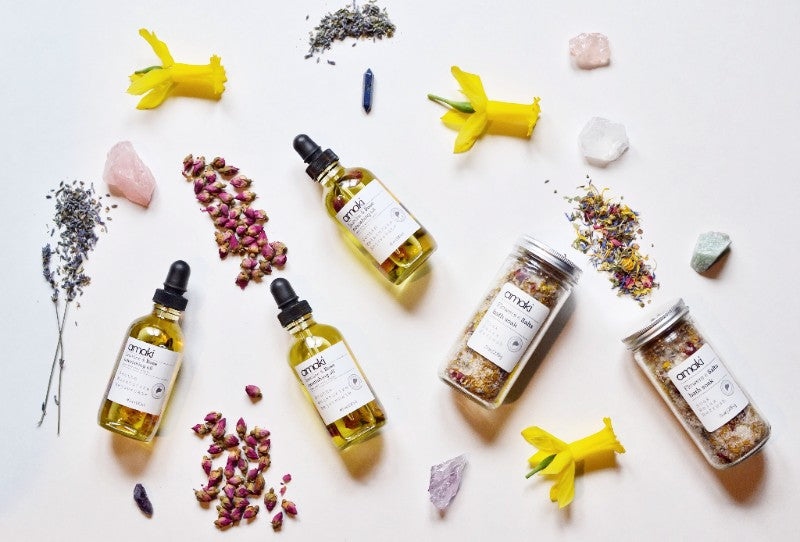It’s November, the weather for comfy sweaters and hot cocoa is here!
What’s not to love? The only thing that can bother me about winter is that my skin gets dry.

Having issues with dry skin can be so uncomfortable. Your skin feels tight, even painful, and it looks unattractively red and flaky.
Dry skin is very common and 100 million Americans go through the experience every year.
Even though it’s easily treated, leaving it unattended can cause serious issues.
Dr. Claude Burton, professor of dermatology at Duke University School of Medicine. “Your intact, healthy skin is your body’s primary defense against infections. If you let your skin get dried out and cracked, you could be giving all sorts of bacteria a way in. That can lead to more serious problems.”
Our skin is the body’s first defense against infections. A healthy skin is coated with a thin layer of natural molecules of fat, keeping it smooth.
Dry, cold air, harsh soaps, chlorinated water, itchy fabrics and misused cosmetics can strip away these fatty oils, leaving the skin unprotected.
“Dry air is probably the most common cause of dry skin,” says Dr. Kenet. “It draws the moisture right out of the skin. Another big problem lies indoors – the dry heat churned out by your furnace. To counteract dry heat, turn down the thermostat and use a humidifier,” he recommends.
I get you, you love a hot shower on a cold morning. It might be the motivation you need to get out of bed on a chilly morning. However, long hot showers can wash away the natural oils that protect your skin.
![]()
The easiest way is to MOISTURIZE.
And then there are some other ways to ensure that your skin remains it’s softness.
You can take a number of dietary measures to combat skin dryness. It’s obvious that you need to stay hydrated and the best high water content is found in fruits and vegetables (Yeah, you knew this).
Some experts say that drinking water alone does not help keep moisture in. Eating fruits and vegetables is essential.
Coffee, tea and alcohol may dry out your skin, so drink them in moderation. Foods high in omega-3 offer great benefits for your skin. It can be found in cold water fish like salmon, tuna and trout. If you don’t like fish, you can also substitute that with flaxseed oil, avocado and walnuts.
Don’t forget about vitamin C. It not only protects your from cold and strengthens your immune system. It is so essential for the formation of collagen in your body. Collagen allows the skin to absorb moisture.
And add some Vitamin A.
You can get Vitamin A from dark green leafy vegetables like spinach and kale which can help repair skin damage. Also, carrots, sweet potatoes, butternut squash and pumpkin are useful in this.
Let’s not forget, Vitamin E.
It doesn’t only boost the healing of skin tissue but also enhances moisturizing and bolsters defense against UV damage. Nuts, seeds, avocado, wheat germ, flaxseed oil and broccoli are great sources.
Zinc is also a crucial mineral for your skin. It helps healing wounds and cracked skin. Oysters, crab, lean turkey, beef and beans are rich in zinc.
And you can also topically apply these vitamins.

You can check out our collection, each and every oil is packed with natural ingredients that are full of beneficial vitamins.
You don’t have to wait till dry skin causes issues, and causes you discomfort. Your skin is your body’s largest organ and you should pay special attention to it.







